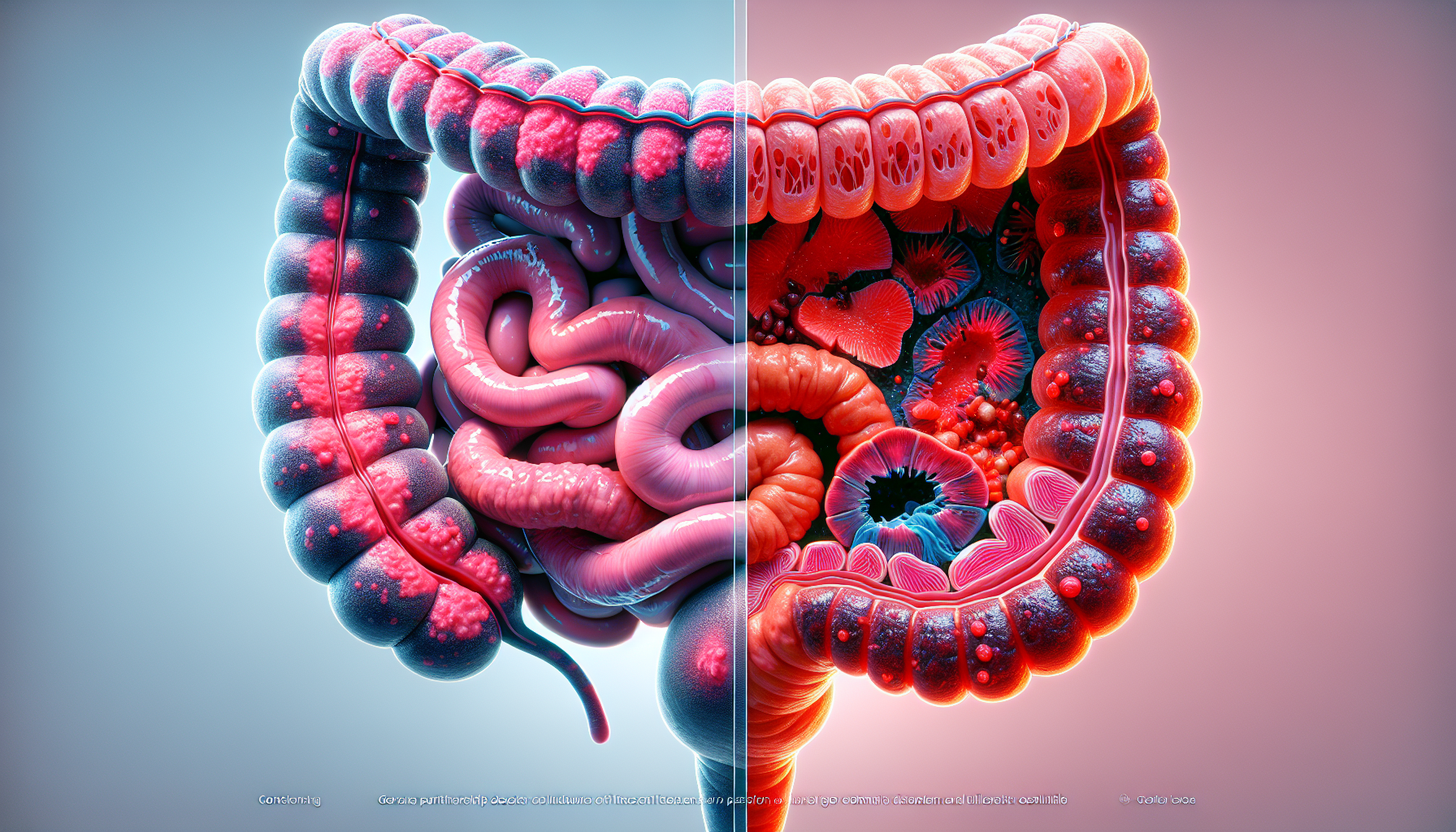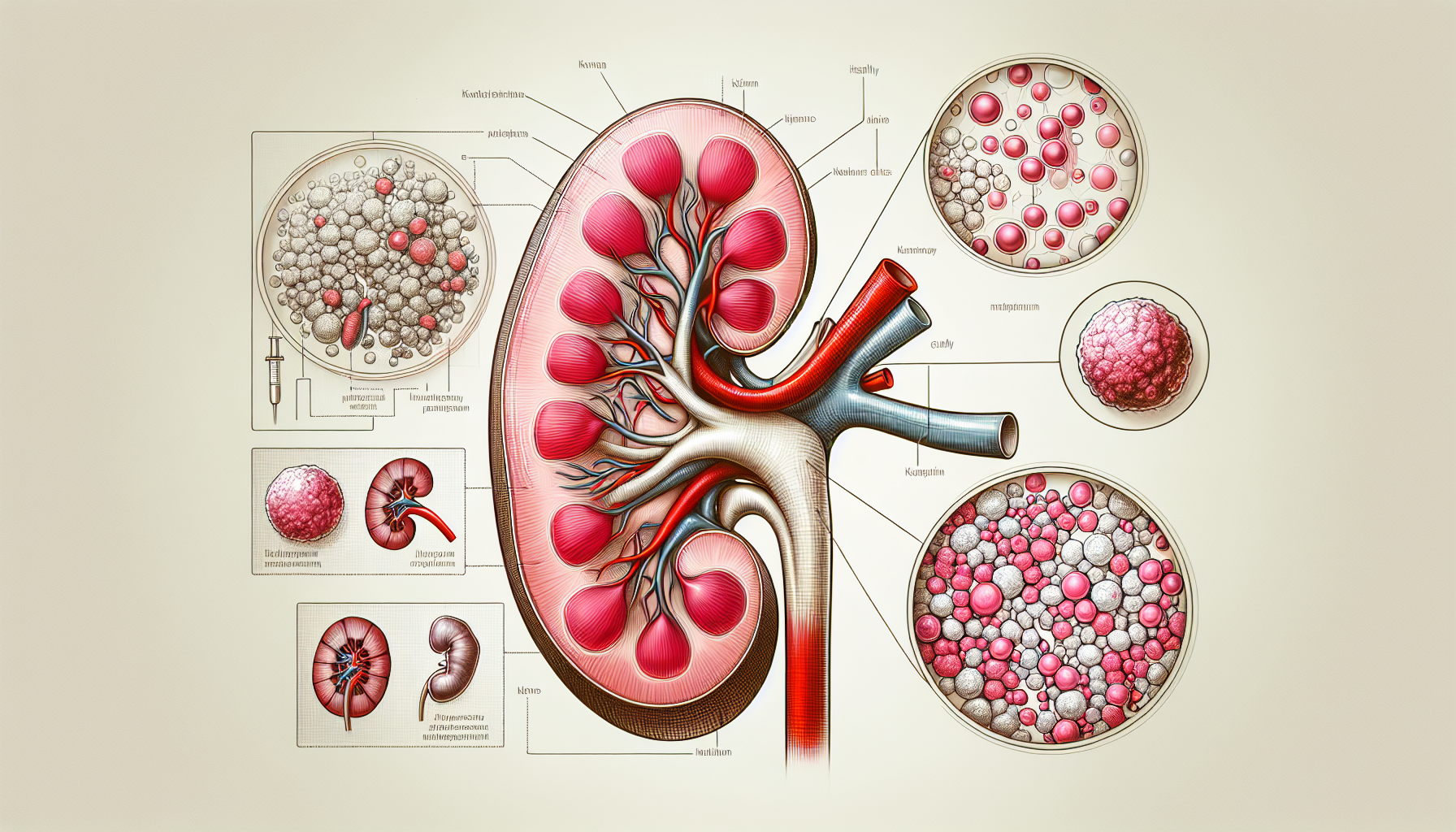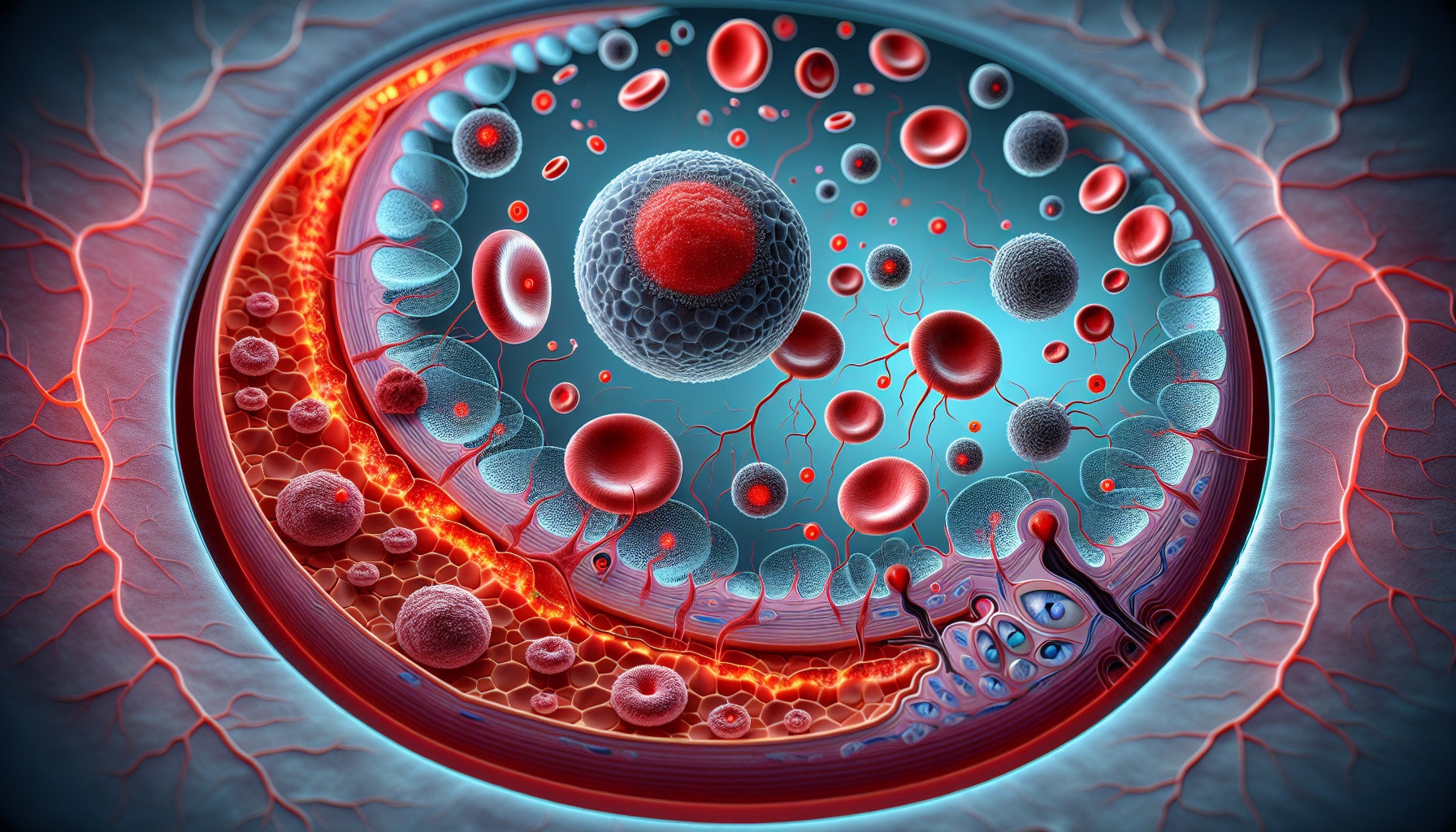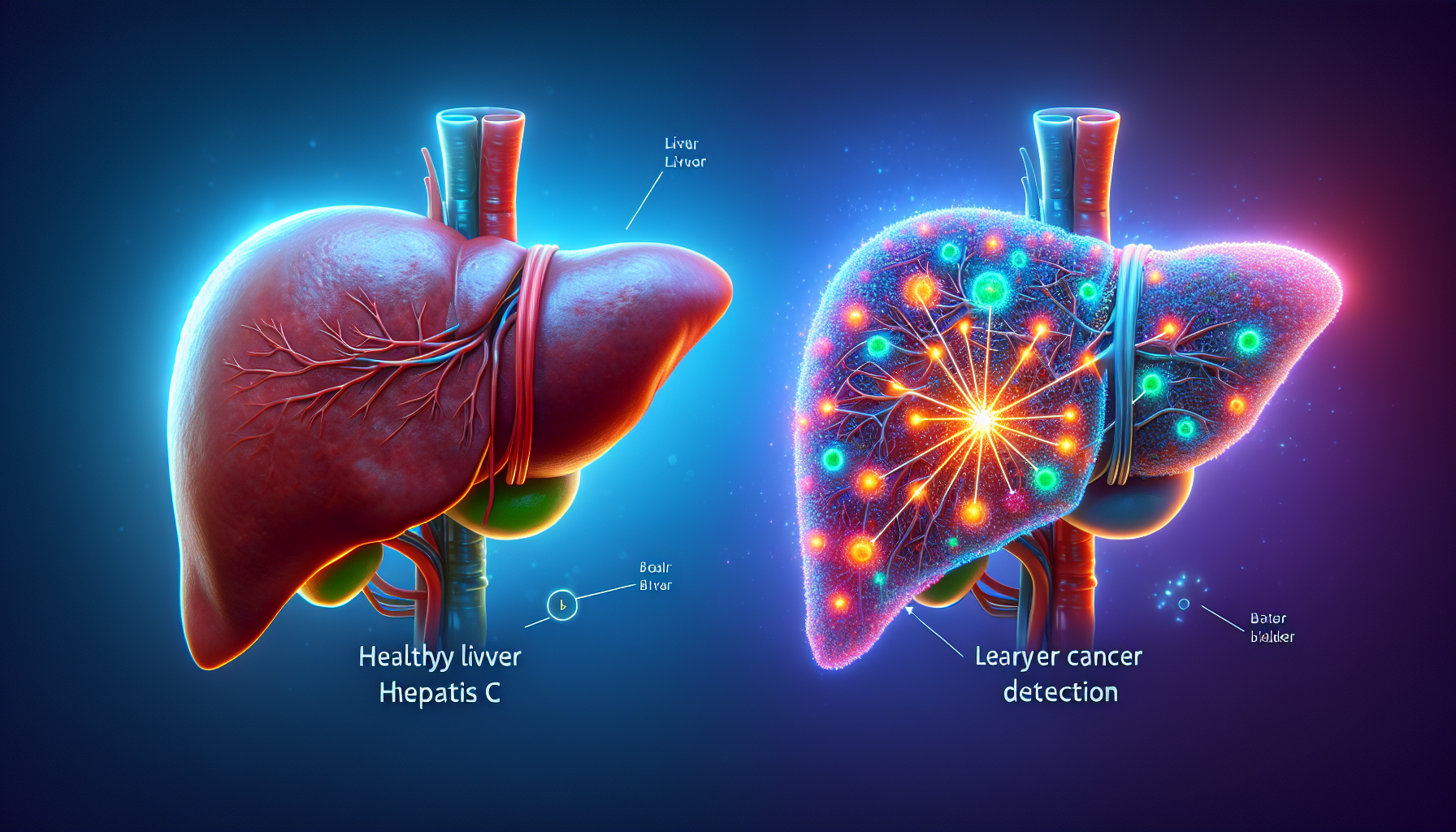Exploring the Oral Microbiome as a Marker for Gastric Cancer Detection
Key Takeaways
- The oral microbiome exhibits distinct bacterial patterns in individuals with gastric cancer, suggesting potential for early, noninvasive detection using mouthwash samples.
- Clear differences in the oral microbial composition between healthy individuals and those with gastric cancer or precancerous conditions highlight the possibility of using specific bacteria as biomarkers for the disease.
- Current research points toward the utilization of oral microbe analysis as a preventive screening practice, which could significantly reduce gastric cancer's high mortality rate by enabling earlier diagnosis.
Did You Know?
Introduction to the Oral Microbiome and Gastric Cancer
The oral microbiome, the complex community of bacteria residing in our mouths, might have a significant role in identifying potential gastric cancers early, before they become harder to treat. Gastric cancer often lacks early symptoms and standard screening protocols, particularly in the United States where late diagnoses are tragically common. This condition underscores the critical need for innovative early detection methods.
Recent studies, including those presented at Digestive Disease Week 2024, highlight that the oral microbiome of patients suffering from gastric cancer exhibits distinct bacterial patterns compared to those without the disease. These findings open a promising avenue for using mouthwash samples for early cancer detection.
Study Insights on Microbial Differences
Research indicates clear differences in the oral microbial composition between individuals with gastric cancer or precancerous gastric conditions and healthy controls. Specific bacterial genera are significantly more abundant in the oral cavities of those impacted by these gastric issues, raising the potential for these microbes to act as biomarkers.
A study analyzing oral samples from various individuals revealed stark contrasts in microbial presence. These variations were not only between patients and healthy controls but also between premalignant conditions and full-blown gastric cancers, suggesting an ongoing progression of microbial changes as gastric illnesses develop.
Implications for Gastric Cancer Screening
The absence of formal gastric cancer screening guidelines in the U.S. leads to many patients being diagnosed at advanced stages of the disease. The discovery of specific oral bacteria's relationship to gastric cancer provides a possible pathway toward noninvasive early detection and screening. Collecting and testing a simple oral sample could potentially alert individuals and physicians to precancerous or cancerous conditions before they escalate.
This approach not only challenges current procedural norms but invites a broader adoption of preemptive screening practices that could decrease gastric cancer's high mortality rate. As researchers aim to refine these detection methods, the healthcare community may soon embrace oral microbe analysis as a routine pre-screening measure.
Current Research and Future Prospects
Researchers continue to explore the intricacies of the oral microbiome as they relate to the stomach's health. Their work involves developing models to understand the behavioral patterns of these bacteria and to accurately predict their association with gastric pathologies.
The tentative findings suggest that regular, noninvasive testing of one's oral microbiome could offer a glimpse into an individual's gastric health, potentially signaling the onset of cancerous conditions well in advance. This ongoing study holds critical importance in improving outcomes for patients at risk of or currently battling gastric cancer.






